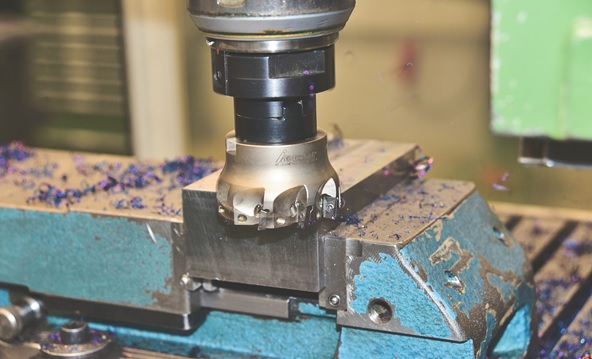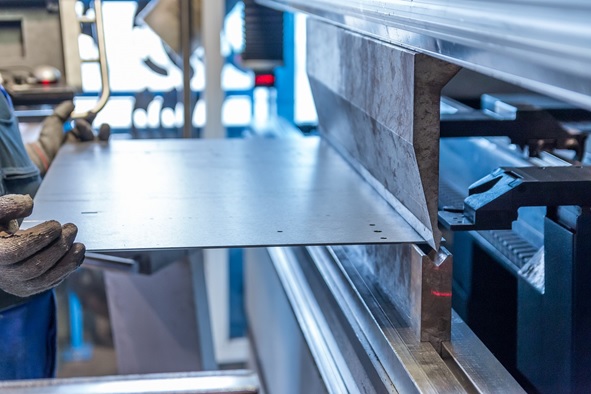Computer numeric control (CNC) continues to gain traction in the Chinese manufacturing industry, empowering companies of different scales with the means to increase productivity and reduce the demand for human input. Adoption of CNC machining is so widespread and rapid, in fact, that the market is expected to reach a staggering $100bn by 2025.
Time is of the essence for any businesses, but particularly for those mass-producing complex products utilizing diverse materials. Brands operating within the following industries leverage the power of rapid CNC machining:
- Aerospace
- Transportation
- Electronics
- Oil & Gas
- Military & National Defense
This is by no means an exhaustive list, but it demonstrates the variety of applications CNC machining accommodates. Beyond the obvious productivity boost and streamlining, what are the main factors driving Chinese companies’ increased implementation of CNC machining?

Assured Convenience and Uniformity
Consistency is critical when manufacturing hundreds or thousands of the same components/pieces. The slightest human error or oversight can prove expensive and cause significant delays. Clients depending on said manufacturers’ efficiency may start to look elsewhere for the reliability they need.
Fortunately, CNC machining allows companies to program the specifications into the software. The connected machinery or apparatus will perform the cuts and movements demanded with precision, achieving consistent uniformity in any number of pieces.
CNC machining can operate 24/7, unlike humans. Companies have no need to configure different shift patterns or worry about fatigue setting in after several hours — the machines are always focused, always reliable, always productive.
High-performance Integration of Aluminum
Aluminum is more popular than ever in many industries utilizing machining, due to the various advancements made in its production.
As a result, aluminum alloy has become a cost-effective, practical alternative to steel in recent years. Aluminum has become especially important to the aerospace industry, where its resilience and overall quality deliver the safety companies (and consumers) expect.
Manufacturers implementing aluminum CNC machining have discovered the following advantages:
- Aluminum-based materials can be subjected to extensive machining processes at lower temperatures than steel, without the risk of difficulties or damage to the materials themselves
- Aluminum materials are more malleable than steel, which allows them to be bent and shaped with greater ease; manufacturers may enjoy increased flexibility in their output, catering to a broader client-base
Last but not least, aluminum-based materials can be machined in a number of different ways — drilling, folding — to create diverse target shapes; as a result, aluminum machining utilizes less energy compared to steel manufacturing (better for eco-friendly companies)

Prototyping is Simpler and More Cost-effective with CNC Machining
The production of prototype units is a vital part of the manufacturing process for companies across most (if not all) industries. CNC machining makes prototype creation simpler and more cost-effective, as it allows for fast, streamlined production — especially when using plastic.
There’s a huge range of flexibility with plastic-based prototype machining. Businesses can take advantage of the following methods:
- 3D printing
- Stereolithography (a form of 3D printing converting liquid plastics into rigid forms) leveraged for production of prototypes
- Selective laser sintering (SLS), with 3D models guiding the operation of lasers as to form solid objects
These factors demonstrate just how effective CNC machining is for manufacturers and their clients, delivering round-the-clock productivity, state-of-the-art precision and cost-effective results.





